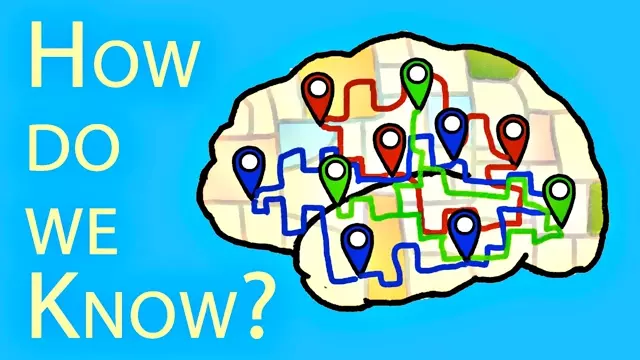2016-09-20
[public] 422K views, 9.8K likes, dislikes audio only
Thanks to http://www.audible.com/minuteearth for sponsoring this video.
Got questions!? Discuss this vid with brain experts on Reddit: http://bit.ly/RedditBrains
Thanks also to our supporters on https://www.patreon.com/MinuteEarth :
- Maarten Bremer
- Jeff Straathof
- Today I Found Out
- Tony Fadell
- Muhammad Shifaz
- Mark Roth
- Melissa Vigil
- Valentin
- Alberto Bortoni
___________________________________________
Our functional map of the brain has changed. Here's why.
Credits (and Twitter handles):
Script Writer: David Goldenberg (@dgoldenberg)
Script Editor: Emily Elert (@eelert)
Video Illustrator: Qingyang Chen
Video Director: Emily Elert (@eelert)
Video Narrator: Emily Elert (@eelert)
With Contributions From: Henry Reich, Alex Reich, Kate Yoshida, Ever Salazar and Peter Reich
Music by: Nathaniel Schroeder: http://www.soundcloud.com/drschroeder
_________________________________________
Like our videos?
Subscribe to MinuteEarth on YouTube: http://goo.gl/EpIDGd
Support us on Patreon: https://goo.gl/ZVgLQZ
Also, say hello on:
Facebook: http://goo.gl/FpAvo6
Twitter: http://goo.gl/Y1aWVC
And find us on itunes: https://goo.gl/sfwS6n
___________________________________________
If you liked this week’s video, we think you might also like this:
A digitally remastered look at the injuries of Phineas Gage, history's most famous lesion patient: http://www.nejm.org/doi/full/10.1056/NEJMicm031024#t=article
FYI: We try to leave jargon out of our videos, but if you want to learn more about this topic, here are some handy keywords to get your googling started:
Brain lesion: Damage to the brain caused by disease or injury.
Broca’s area: Region in the frontal lobe associated with speech production.
Fusiform face area: Structure near the back of the brain associated with facial recognition.
Hippocampus: Seahorse-shaped brain structure associated with memory formation.
Amygdala: Small brain structure associated with emotions and memories.
fMRI: An imaging procedure that measures brain activity by tracking changes associated with blood flow.
___________________________________________
References:
Rorden, C., Karnath, H. (2004). Using human brain lesions to infer function: a relic from a past era in the fMRI age? Nature Reviews Neuroscience 5 (812-819). Retrieved from http://www.nature.com/nrn/journal/v5/n10/abs/nrn1521.html
Barbey, A., Colom, R., Solomon, J., Kreuger, F., Forbes,C., Grafman, J. (2012). An integrative architecture for general intelligence and executive function revealed by lesion mapping. Brain,135 (1154-1164). Retrieved from http://brain.oxfordjournals.org/content/brain/135/4/1154.full.pdf
Yildirim, F., Sarikcioglu (2007). Marie Jean Pierre Flourens (1794–1867): an extraordinary scientist of his time. Journal of Neurology, Neurosurgery, and Psychiatry, 78(8) 852. Retrieved from https://www.ncbi.nlm.nih.gov/pmc/articles/PMC2117745/
Barbey, A. (2016). Personal Communication.
Rorden, C. (2016). Personal Communication.
https://www.patreon.com/minuteearth
/youtube/video/o6JVMmkBF-I?t=34
/youtube/video/o6JVMmkBF-I?t=126
/youtube/channel/UCeiYXex_fwgYDonaTcSIk6w
https://www.patreon.com/minuteearth
/youtube/video/4DF94Wvtekk

